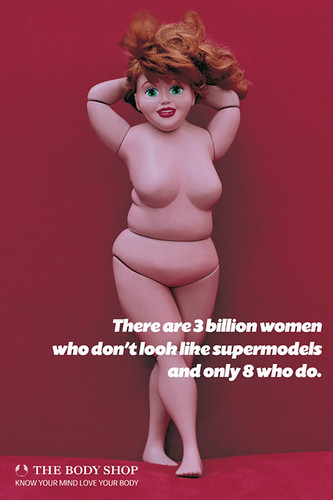burning Citroën DS during May 68 from here.
I was three years old when May 68 happened. May 68 was the direct precursor of the hippie movement here in Western Europe. Most of our teachers had been brought up in the “hippie” climate.
Yesterday E-L-I-S-E posted this burning Citroën DS (the photo is new to me and is unsourced at E-L-I-S-E). It brings me to repost one of my favorite quotes on art and politics.This is from one year before May 68.
The juvenile delinquents — not the pop artists — are the true inheritors of Dada. Instinctively grasping their exclusion from the whole of social life, they have denounced its products, ridiculed, degraded and destroyed them.
A smashed telephone, a burnt car, a terrorised cripple are the living denial of the ‘values’ in the name of which life is eliminated. Delinquent violence is a spontaneous overthrow of the abstract and contemplative role imposed on everyone, but the delinquents’ inability to grasp any possibility of really changing things once and for all forces them, like the Dadaists, to remain purely nihilistic.
They can neither understand nor find a coherent form for the direct participation in the reality they have discovered, for the intoxication and sense of purpose they feel, for the revolutionary values they embody. The Stockholm riots, the Hell’s Angels, the riots of Mods and Rockers — all are the assertion of the desire to play in a situation where it is totally impossible.
All reveal quite clearly the relationship between pure destructivity and the desire to play: the destruction of the game can only be avenged by destruction. Destructivity is the only passionate use to which one can put everything that remains irremediably separated. It is the only game the nihilist can play; the bloodbath of the 120 Days of Sodom proletarianised along with the rest. —Timothy Clark, Christopher Gray, Donald Nicholson-Smith & Charles Radcliffe in The Revolution of Modern Art and the Modern Art of Revolution (1967) via http://www.notbored.org/english.html





